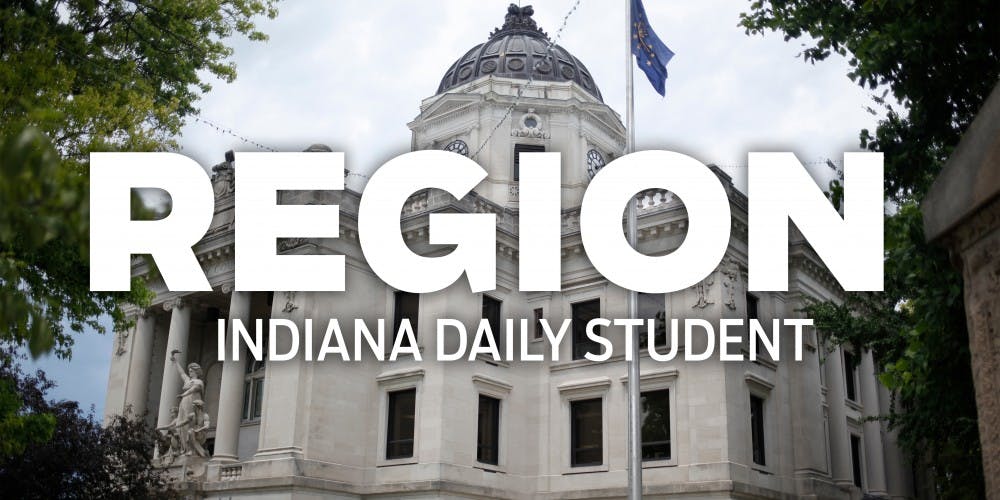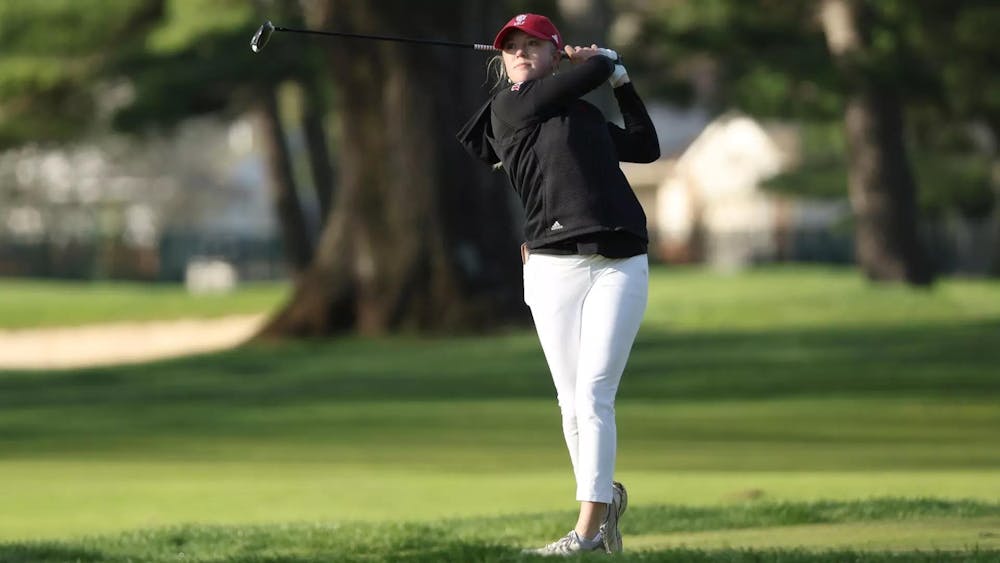State lawmakers and Indiana’s new governor have laid out their agendas for the 2017 legislative session. The agendas emphasize expanding funds for infrastructure improvements and preschool programs and tackling the drug epidemic. The session began last week.
Gov. Eric Holcomb revealed his five-part plan last Thursday. In addition to developing roads and bridges and attacking the drug problem in Indiana, he wants to make the state a magnet for jobs and develop its workforce.
This legislative session bills will be brought before a legislature with a Republican majority in both the House and the Senate.
Here are some of the issues to watch for this session.
A drug prevention director
When discussing the drug crisis in the state, Holcomb announced he’d create a new position to tackle the epidemic. Jim McClelland, retired president and CEO of Goodwill Industries of Central Indiana Inc. will be the new executive director for drug prevention, treatment and enforcement.
Holcomb said curbing the drug problem is one issue he feels very passionately about, and it saddens him to read news about victims of the epidemic.
“If I only had one wish left, it would be that we could change the trajectory,” Holcomb said.
Infrastructure funding
State legislators have also highlighted funding for road improvements as a main focal point of the 2017 session.
Sen. Luke Kenley, R-Noblesville, said the state will need about $350 million per year to finish its current infrastructure projects and another $500 to $600 million per year in order to upgrade important roads.
Indianapolis is within a 24-hour drive of 75 percent of the U.S. population, so it’s important its roads are updated, Kenley said. He said both I-65 from Chicago to Louisville, Kentucky, and I-70 from Terre Haute, Indiana, to Richmond, Indiana, should be targets of new funds.
Kenley wrote Senate Bill 262, which allows the Indiana finance authority permission to issue bonds or notes for transportation projects, the total amount of which cannot exceed $500 million.
Funding Indiana’s Roads for a Stronger Safer Tomorrow Task Force, a legislative committee Kenley belongs to, suggested updating the gas and diesel fuel tax as a way to raise funds. Kenley said tolls may also need to be installed on updated roads once they’re finished.
The updated roads will be worth the extra money, Kenley said.
“We’ve spent a couple years trying to get ourselves prepared for this,” he said.
When outlining infrastructure goals for the legislative session, Holcomb mentioned any method of obtaining revenue is a possibility at this point, but doing nothing isn’t an option.
“The only thing that’s off the table, in our mind, is a ‘none of the above’ approach,” Holcomb said. “We have to address this.”
Preschool programs
Holcomb said he wants to double the state’s investment in pre-kindergarten education.
Rep. Robert Behning, R-District 91, wrote House Bill 1330, which changes the eligibility requirements of the state’s On My Way Pre-K program in an attempt to expand it. The program gives grants to low-income families with 4-year-olds to allow them access to higher-quality pre-kindergarten education.
The original five counties, Allen, Lake, Marion, Jackson and Vanderburgh, selected for the pilot have done a good job of rolling out the program, said Behning, who is the chair of the House Education committee. Anecdotal evidence shows the program is positively affecting preschoolers, but it’s too soon for data, he said.
Regardless, he said it’s important to expand the program throughout the state to whichever counties have interest and capacity.
As the bill is developed, Behning said legislators will be able to determine counties where the program can be expanded.
The counties chosen will ideally be of varying geographical and overall makeup.
“A lot of us truly believe that preschool will make a difference,” Behning said.
Continuing abortion restrictions
A bill authored by Rep. Curt Nisly, R-Goshen, would completely outlaw abortion in the state if passed.
House Bill 1134, known as the “Protection at Conception” bill, had its first reading Jan. 9 and was referred to the Committee on Public Policy, according to the Indiana General Assembly website.
Nisly’s bill would allow discretion of how to charge someone who performs an abortion up to a prosecutor. Hoosiers for Life, an advocacy organization that promotes anti-abortion bills, brought the idea to Nisly and helped him write the legislation.
Nisly said he’s been getting positive feedback from Hoosiers around the state about the bill, and other legislators support HB 1134, too. However, House and Senate leaders have balked at promoting the legislation, and Hoosiers for Life founder Amy Schlichter said she’s afraid the general assembly won’t give it the time of day.
Planned Parenthood of Indiana and Kentucky released a statement in response to the legislation. The organization said it is “appalled at the complete and total lack of empathy that Rep. Nisly has shown Hoosier women by filing an unconstitutional abortion ban bill.”
“Government intrusion into our doctors’ offices must end,” said Betty Cockrum, president and CEO of PPINK, in the Jan. 10 release.
Raising the age of consent
Rep. Karlee Macer, D-Indianapolis, has been working on a bill that would raise the age of consent in Indiana from 16 to 18.
The goal of the bill is to punish 50- and 60-year-olds taking advantage of teenagers and not to punish or interfere with “young love,” Macer said.
The bill, which Macer said would be published on the Indiana General Assembly website soon, would not affect Indiana’s “Romeo and Juliet” law, which allows 14- and 15-year olds to have non-forced sexual activity with someone no more than four years older than them.
Macer said the idea for the bill was brought to her by detectives and former attorney general Greg Zoeller. It’s an attempt to reduce instances of human trafficking and sexual assault in the state.
“Unfortunately our children are being targeted by pimps, by people who want to take advantage of them,” Macer said. “The last thing I want to do is be in people’s bedrooms, but I do want to protect children.”
In addition to raising the age of consent, the bill would also create the criminal offense of “indiscretion,” which would occur if someone at least 23 years old had sex with someone at least 16 but younger than 18.
Child seduction would no longer be considered a Level 6 felony, punishable by up to two and a half years in prison and up to $10,000 in fines.
“This is an issue that is overwhelming our state right now,” Macer said.






